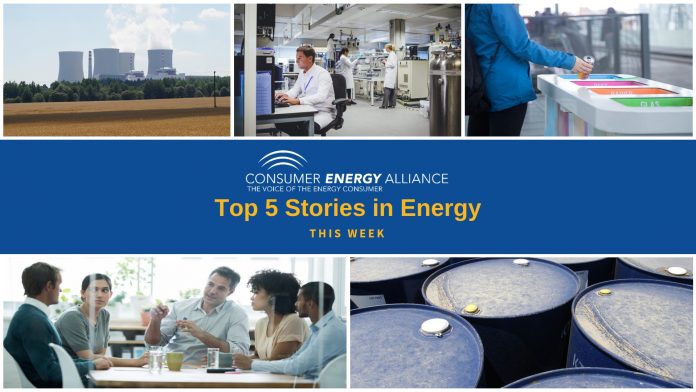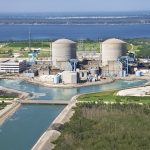
Companies like Google, Disney, General Motors, Walmart and more have launched the Renewable Energy Buyers Alliance (REBA), a trade organization looking to make purchasing renewable energy easier for companies. These corporate giants want to buy energy directly from utilities and power plants, and support new wind, solar and other renewable projects. Last year alone, the REBA struck enough renewable energy deals to support almost 16 gigawatts of new renewable capacity in the U.S. Corporate America understands that their role in utility-scale solar projects can have a dramatic effect on overall solar installation, providing more solar energy without consumers taking the blow.
As natural gas production has grown with shale booms in the Appalachian and Permian regions, it has become an affordable and reliable source for many across the U.S. to use for heating and cooling their homes. MIT researchers recently published findings to make natural gas even more cost-efficient and environmentally friendly. Instead of using toxic solvents to purify natural gas, an energy-intensive process, researchers looked to the use of polymer membranes. After developing a new polymer membrane that can withstand higher carbon dioxide pressures and are more permeable than traditional membranes, researchers say this will help the overall process to separate gas from carbon dioxide run more smoothly.
EIA announced on Tuesday that U.S. crude oil production reached a record level in 2018 with an average of 10.96 million barrels a day – that’s 17 percent higher than 2017 levels. Texas led the pack in crude oil production, averaging 4.4 million barrels per day, accounting for nearly 40 percent of the national total in 2018. Even though production declined in states like Alaska and California, innovative technology like horizontal drilling and hydraulic fracking have allowed the U.S. to increase production levels over the past ten years.
As costs rise, the future of recycling programs across the country faces uncertainty with more and more cities scaling back or cancelling their programs. Cities like Philadelphia, Memphis and Delton are just three of the hundreds of towns that have had to cancel, limit or agree to large price increases. As traditional buyers like China, Thailand and India began imposing restrictions on U.S. recyclable materials for having too much trash mixed in, recycling companies are attempting to recover their losses by charging cities more.
According to data from the EIA, the electrical energy produced from the nation’s nuclear fleet reached historic levels in 2018. This increased production is largely due to uprating, a process requiring the NRC to increase limits on maximum heat or power level for the reactor core. Even though there was less total nuclear capacity on the grid, because nuclear reactors were working at higher levels and for longer hours, the energy produced was able to outperform previous years. In 2018, the U.S. nuclear fleet was able to reach a capacity factor of 92.6 percent, by keeping reactors online.
















